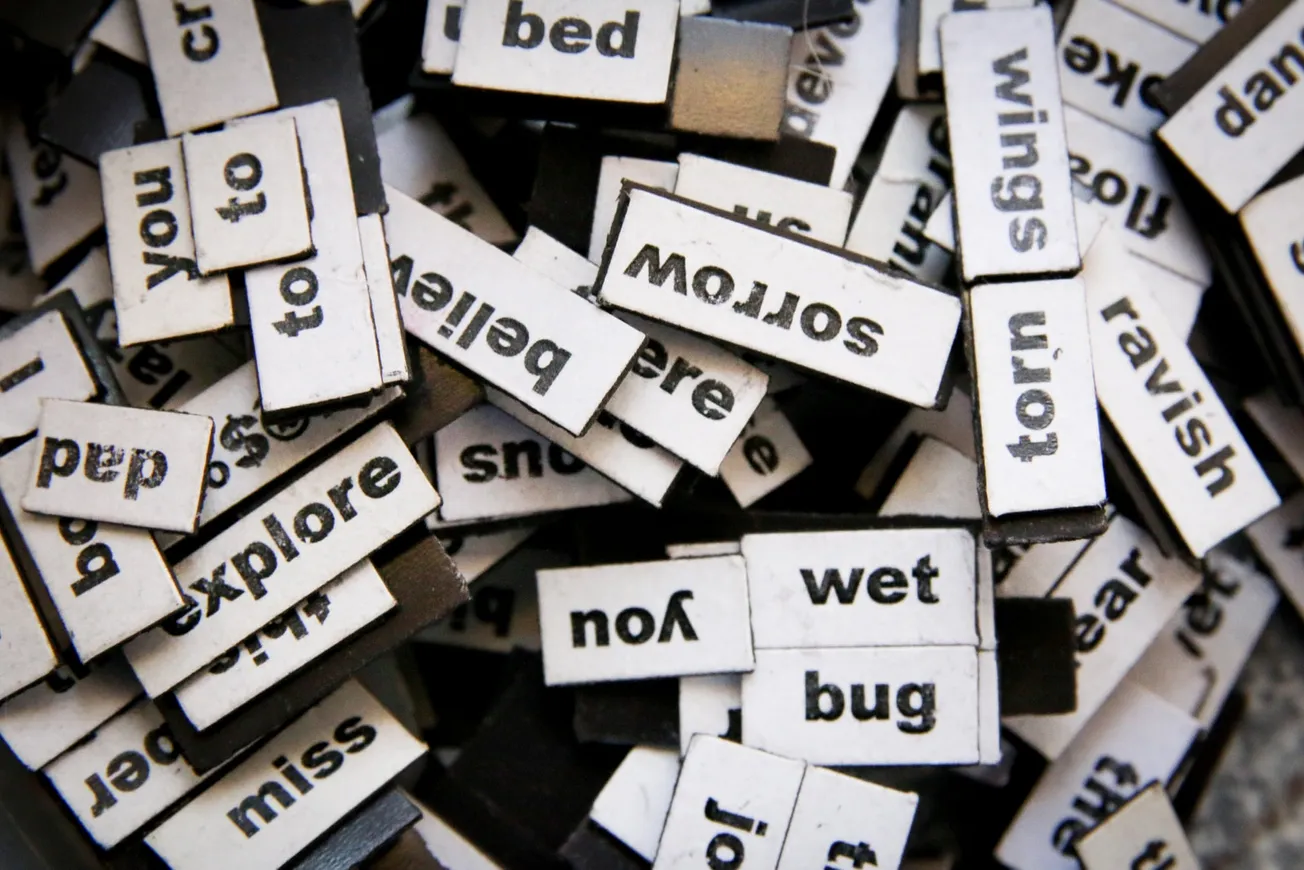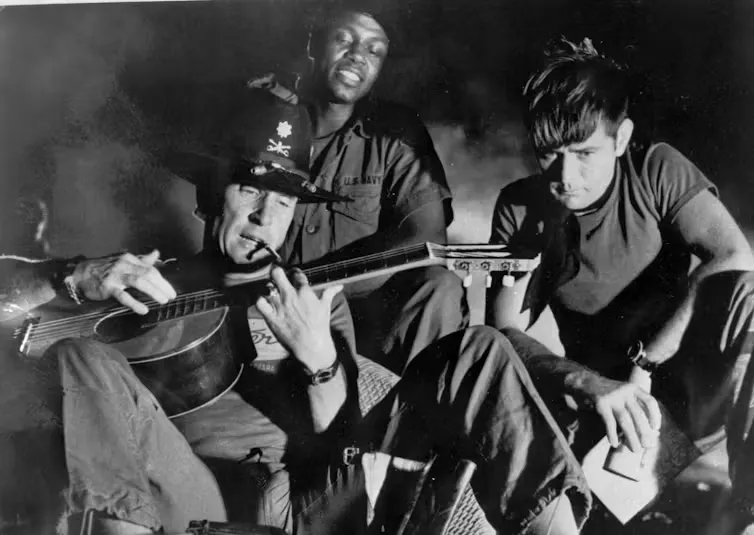Table of Contents
This week, I venture into two matters metaphysical, albeit with feelings of trepidation that they may be beyond my intellectual pay grade. But here goes:
The two fields are: ancestry (especially as it relates to Maori tipuna/tupuna) and the importance of correctly interpreting words.
ANCESTRY
In trying to better understand what is behind the determination of a minority of extremists attached to the Ardern government to saddle our country with a new name, and the undemocratic governance envisioned in what we’ve been told so far of the He Puapua Report, I began to ponder different ways our world is seen by Maori and non-Maori.
As someone who has had the privilege of attending scores of powhiri, and taken the first hesitant steps toward learning te reo, there is one immediate characteristic that comes to mind: respect for ancestors (or in te reo, tipuna or tupuna depending on which rohe you’re in). I can’t recall a formal korero (speech) in which the speaker has not, immediately after greeting those present at the gathering, then addressed the mate (dead) of the host whanau, hapu or marae as if they are present, and then invited them to haere atu ra (leave), safe in the knowledge that their presence in spirit as tipuna/tupuna has been acknowledged. And this is regardless of the nature or size of the event: it is an acceptable, indeed expectable, part of the kawa (event procedure).
Conversely, for those of us non-Maori, we reserve reference to our ancestors only for rare occasions, usually family affairs.
One aspect that continues to intrigue me is the number of self-identified Maori “celebrities” with surnames that link to an obvious non-Maori ancestor: think Willie Jackson, Sir Mark Solomon, Sir Tipene O’Regan, or those with reo-fied names like Henare (Henry) or Takuira (Dargaville), or those with double-barrelled names like Debbie Ngarewa-Packer, the Maori Party MP. By their single-minded and singly-focused advocacy of separate rights for Maori and the divisiveness of He Puapua, some give an impression almost verging on shame at their linkage to non-Maori ancestry.
But then I guess I’m just as guilty: I prattle on about the great fortune of being born in New Zealand of Irish descent, but only on the rarest of family occasions do I ever acknowledge my great great grandfather, Andrew McMahon, the honourably discharged Colour Sergeant of the Irish Regiment who arrived here in 1849 as a Fencible soldier, or my paternal grandfather, born in County Cavan but later forced by economic circumstance to migrate to Scotland where he and his wife died young leaving three children to be raised in orphanages, but left me with a legacy of qualification for citizenship of the Republic of Ireland.
When future historians analyse the reasons for the disintegration of established social order, at least in New Zealand (the only country apart from Samoa that I can speak of with any lived authority), they are likely to trace it back to the breakdown of the institution of formal marriage and its consequential closeness of family life. Again, and in our own country among us, in cultures such as Polynesian, Asian and Croatian for example, in which family ties remain strong, so does their sense and practice of social order. Invariably, they are model citizens, brought up to respect the peace, order and unity their ancestors searched for, found and helped to consolidate in their new homes in New Zealand.
So instead of the divisiveness of He Puapua, how about a return to the one-ness of family ties? Reconnection with our aiga, whanau, cousins, by acknowledging that we all have ancestors, tipuna, aiga, obitelj, who in earlier ages learned to cohabit as fellow Kiwis, as one people, in the green and pleasant land we like to think of as Godzone. Let’s not just acknowledge our Maori mates for their dedication to the memory of their tipuna, let’s flatter them with our own Kiwi-wide imitation. Let it be said (and done!) that Kiwis know where our country is going because we know where we’ve come from, and who did the hard yards getting us here.
THE MEANING OF WORDS
We call the interaction between human beings, communication, the basic component of which is words. At their most basic, words are spoken or written facts; and, like facts, always need the underpinning of truth. Words must say what they mean, and mean what they say.
Or so it was until deranged extremists intervened and started devious, often insidious, misrepresentations. The one that springs most immediately to my mind is the word “gay”: once it meant simply joyous or happy. Nowadays, it’s a synonym for homosexual – just about the most inappropriate misinterpretation it is possible to contemplate.
But just lately, and especially in the wake of He Puapua, not only has it got worse but has extended to groups of words, including words non-existent in the source from which they are claimed to be drawn.
This is especially so about the Treaty of Waitangi.
Firstly, readers should look here to see a copy of the document signed or marked initially by the Maori chiefs at Waitangi on 6 February 1840.
Then here for what is regarded as the most accurate English original from which the above reo version was translated.
These are important, not so much for what they say, but for what they don’t say.
Dame Anne Salmond, herself a distinguished academic with an impressive command of words, says this:
Of these judgments, Cooke’s has been the most influential. In light of the fact there were two texts of the Treaty of Waitangi, one in Maori and one in English, Cooke declared “the principles of the Treaty are to be applied, not the actual words.” He argued that since Te Tiriti in 1840 could not take into account the demands of a “relatively sophisticated” contemporary society, it was “the spirit” of the Treaty that mattered, not “the differences between the texts and the shades of meaning.”
So we have a distinguished jurist setting us off on the wrong track by declaring that “actual words” don’t matter. Cooke then went on to invent what he termed “principles”, and a Labour Government Minister Geoffrey Palmer wrote those “principles” into some legislative acts. Two Labour governments further down the track, we have a socialist Prime Minister declaring that the Treaty is a “partnership”, which, as you can read for yourself in the links above, does not appear anywhere in either document.
If I were an MP in Parliament, I would not be allowed to call the PM a liar, so I’ll just say here that she stretches the limits of mendacity to its utmost limit – and worse, is allowed to get away with it. (C’mon, National, call her out!)
Now we have Maori Party MP, Rawiri Waititi (the self-declared anti-colonialist in the Texan Stetson) adding a whole sentence that doesn’t appear in either Treaty document. In calling for a change of our country’s name to Aotearoa (a name that is itself a myth), he says:
“Article 3 of Te Tiriti o Waitangi promises tangata whenua the same rights as British citizens, that te reo Maori me ona tikanga katoa be treated and valued exactly the same as the English language – ko te mana orite tera,”
Read again Article 3 of the Treaty: can you see any reference to te reo Maori?
Can we please, please, please, get back to reliance on the truth, the whole truth and nothing but the truth from those we allow to get elected to Parliament, the same as is required from witnesses in our courts?
Please share this BFD article so others can discover The BFD.









